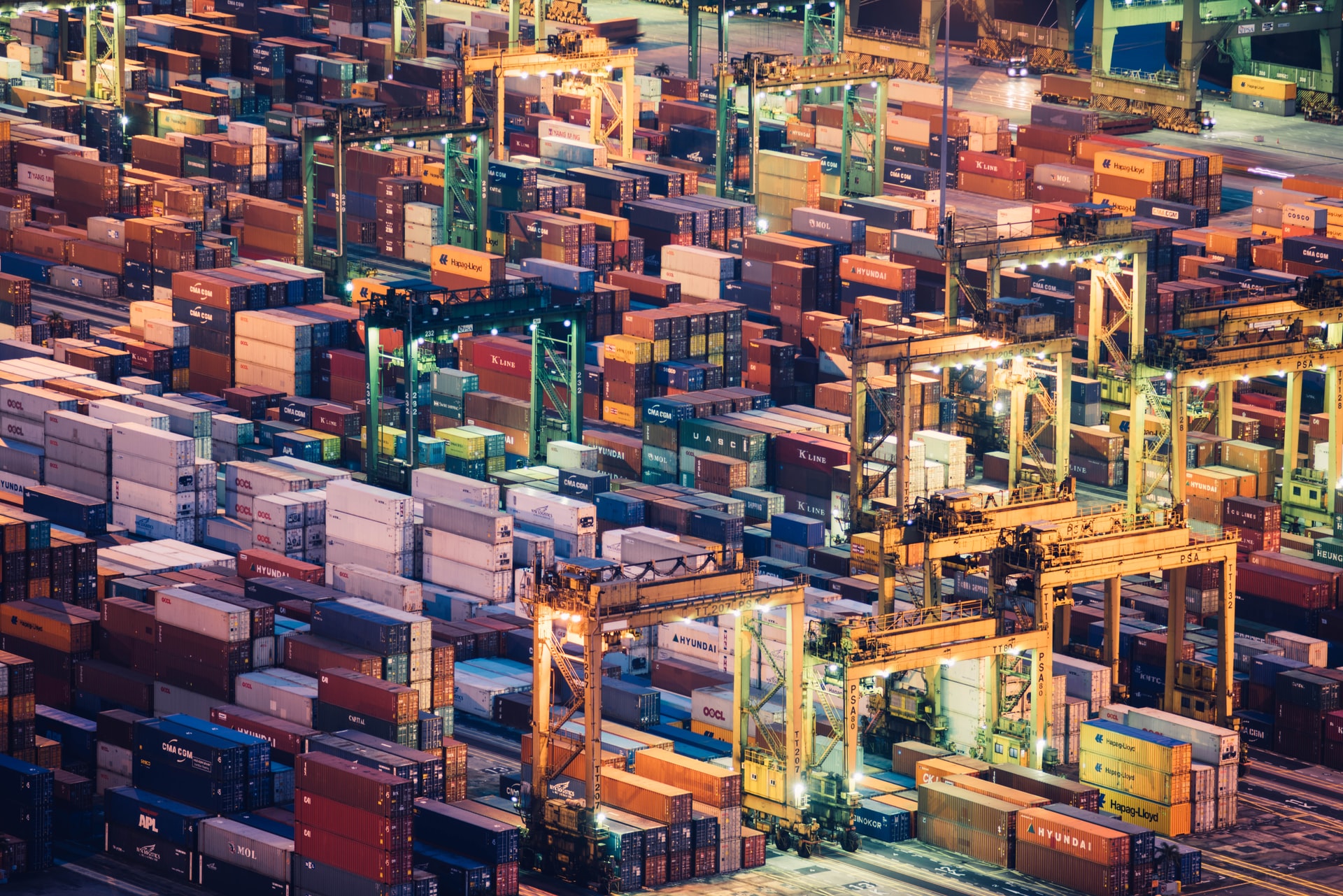According to a recent report, digital decarbonising technologies can achieve a 38% reduction in carbon emissions.
The shipping industry, being responsible for 80% of the global trade by volume, is experiencing an overhaul when it comes to digitization.
The maritime sector contributes to the emission of greenhouse gases in a significant way. As the cargo sails down a sea, it has to produce various documents at different junctions. The time-lapse caused by it leads to massive fuel usage, indirectly leading to air and water pollution.
Generation of e-certificates for the ships is one of the ways to ensure seamless movement as well as reduce the pressure on the environment. e-certificates are a convenient way for both ship owners as well as operators. They can claim the validity of their ship’s classification and produce statutory certificates when required.
The transition to digital certificates comes with a lot of advantages. Some of those are enumerated below:
- High Speed: The quick cross-check just by a click would allow seamless movement of the cargo. Thus, leading to high speed and fast delivery.
- Cost-effectiveness: The system of e-certification eliminates the need to courier the hard copy of the documents. The original certificates need not be reproduced at different points by the usage of quick certification delivery.
- Effective administration: Verification of authenticity of the certifying authority becomes easier with digital certification. The cargo can move smoothly without many administrative hassles. It saves both the time and effort of the operators.
- Secure cloud storage: Each certificate works in dual verification mode. The cloud storage system also makes the sharing of documents simple and quick. It also facilitates the management of all certificates in one place.
- Prevents pilferage: The e-documents can be stored safely ensuring loss and damage to the electronic signature system. Moreover, it reduces the risk of fraud and document tampering as the web portal is accessible through QR and Unique Identification Numbers.
- Quick updation: The e-certificates simplify the process of keeping the cargo certification up-to-date. Whenever a surveyor examines the vessel periodically, a new version of the relevant e-certificate is issued to reflect either the endorsement or renewal of the required certification.
- Environment-friendly: The paperless certification, as well as few courier packages, puts less effect on natural resources. Also, the reduction in verification time at junctions saves fuel and reduces the emissions from the exhaust.
Loginno has stepped into an era where supply chains have a golden opportunity to reach the next horizon of operational effectiveness. It has recognized the need of the hour to leverage emerging digital supply chain business models. Consequently, it has the aim to transform shipping companies into a digital supply chain.
It is not only bringing the digital transformation of the shipping companies but at the same time, it is taking care of the entire shipping cargo.
Loginno has decided to bring forth its digital certification system. It has brought in the CyberSeal feature for the smart containers. It works on the replacement of a container’s physical seal with a software certificate to allow frictionless movement across the borders. It also ensures swift cargo movement across the customs green lanes.
CyberSeal would provide a digital identity to the cargo ships and become a game-changer for the shipping industry.
